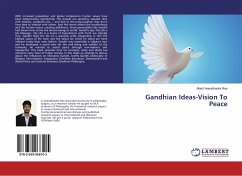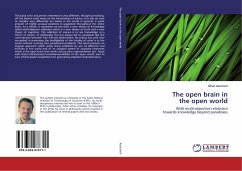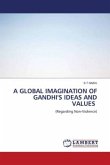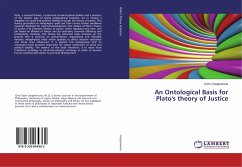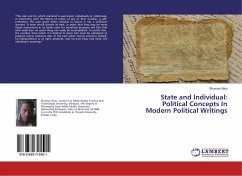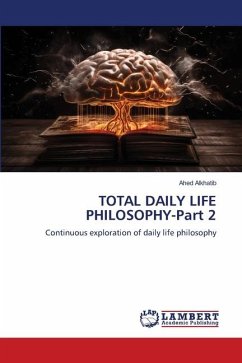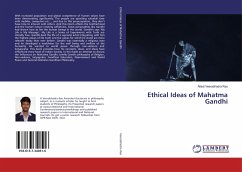A new age thinking Sociologist discovers a new mode of critical inquiry into the formative discipline of philosophy and ethics. He makes critical rational assessments of what most contemporary philosophers were challenging the concepts, goals,methodology of ethics and how all this unfolds in our real life to contemplate thinking, goals and the very nature of philosophical and ethical inquiry. We, the 21st century educators see a keen sense of philosophical reality of time and concepts of life as living and a continuous movement of time as a creative movement having a predetermined path. We cannot be optimistic or pessimistic on certain philosophical and ethical issues because our intellectual constitution is often confined to piecemeal view of things. We take initiatives to evolve the inner richness of our being and to share new knowledge-based ideas and ideals to establish relationships between perceptions, philosophy, ethics and our rational understanding. Accordingly, we attempt to view some of the critical issues with enhanced understanding of our past and present and to make a better future for understanding and logical pursuits.
Bitte wählen Sie Ihr Anliegen aus.
Rechnungen
Retourenschein anfordern
Bestellstatus
Storno


